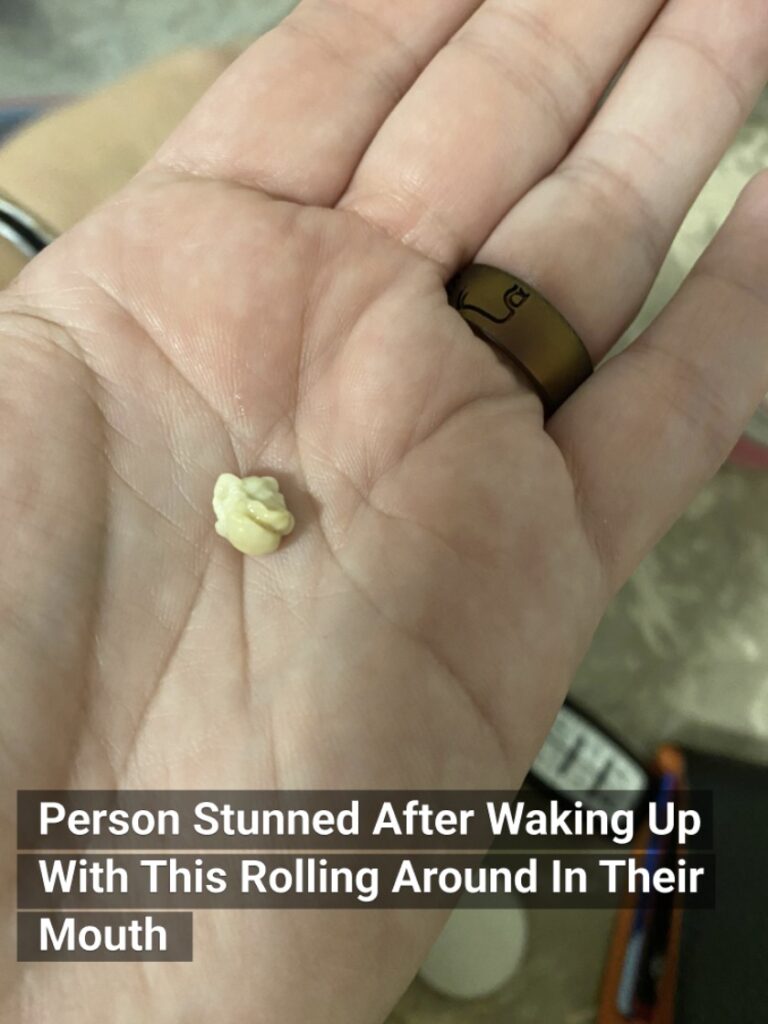When an Itch Isn’t Just an Itch: James’s Story and the Silent Warning Signs of Skin Conditions
It began innocently enough—just a faint itch on James’s arm. He scratched absentmindedly, thinking it was dry skin, a speck of dust, maybe a mild allergic reaction to something he couldn’t quite place. But within days, the irritation spread. First to his chest, then his legs, then across his back. What started as a simple annoyance soon became an unbearable itch that seemed to intensify after sundown.
James tried everything—switching soaps, changing laundry detergents, even cutting dairy from his diet. He experimented with lotions and creams from the drugstore, soaked in oatmeal baths, and slept shirtless to avoid friction. Nothing worked. Instead, his skin broke out in red, swollen welts—some as large as coins, others clustered like insect bites. The itching was constant and cruel, keeping him awake at night and distracting him during the day. He began to wear long sleeves even in warm weather, more out of embarrassment than comfort.
After weeks of sleepless nights and growing anxiety, James finally booked an appointment with a dermatologist. A quick physical exam, followed by a thorough discussion of his symptoms and history, led to a diagnosis: chronic urticaria—a form of long-lasting hives that can linger for six weeks or more, sometimes persisting for years.
Unlike the more familiar acute hives—often caused by specific triggers like shellfish, peanuts, or bee stings—chronic urticaria is often idiopathic. In other words, there’s no clear cause. In James’s case, the doctor explained, his immune system was likely overreacting to harmless stimuli. It might have been sparked by a mild viral infection, chronic stress, or even an undiagnosed autoimmune disorder. What puzzled James the most was that nothing in his daily routine had changed. “That’s often the case,” the doctor said. “It’s your body seeing shadows that aren’t there.”
James felt both relieved and overwhelmed. He finally had a name for what he was experiencing, but no definitive cause or cure. Still, there was hope. His dermatologist prescribed a combination of non-drowsy antihistamines, occasional corticosteroids, and immune-modulating treatments like omalizumab—medications that could calm the body’s rogue inflammatory response. Alongside the prescriptions came a set of lifestyle recommendations: practice mindfulness, reduce stress, avoid tight clothing, and keep a symptom journal to identify potential flares or triggers.
Many adults like James develop chronic urticaria unexpectedly. While not dangerous in the traditional sense, the condition can be deeply disruptive. The physical symptoms alone—burning, itching, inflammation—are exhausting. But for many, the emotional toll is just as heavy: the frustration of not knowing the cause, the self-consciousness about appearance, and the growing anxiety about when the next flare-up might strike.
James began to understand how interconnected the skin is with overall health. Dermatologists often say that the skin is a window into what’s happening inside the body. In some cases, chronic urticaria can signal thyroid imbalances, liver problems, or systemic inflammation from autoimmune diseases like lupus or rheumatoid arthritis. What seems like a skin problem may be a deeper immune or endocrine issue, quietly brewing beneath the surface.
“People think itching is just a nuisance,” James says, “but when it never stops, it affects everything—your sleep, your confidence, your sanity.”
Today, James manages his condition with a mix of science and self-awareness. He has good days and bad days. On the good ones, he barely notices the faint welts that used to keep him up at night. On the bad ones, he reaches for his medication and reminds himself to breathe, rest, and let his body settle.
His advice to others is simple but heartfelt: don’t ignore what your skin is trying to tell you. Persistent itching, unexplained rashes, or stubborn hives aren’t always surface-level issues. They could be signals—quiet but urgent messages from within. And catching those signs early might make all the difference.
“Listen to your body,” James says. “Sometimes, it’s whispering the truth before you’re ready to hear it.”
